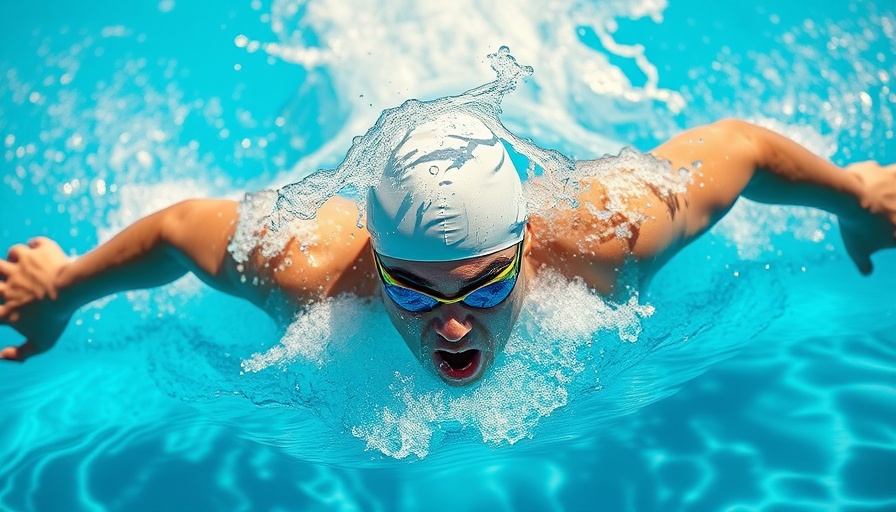
The Power of 'Soft Hands' in Sports Performance
In the fast-paced world of sports, success often hinges on a combination of speed, strategy, and technique. One term you might not have heard enough about but holds immense potential for enhancing recovery and performance is 'soft hands.' This phrase not only speaks to the physical technique in various athletic disciplines but also metaphorically represents the agility and flexibility necessary for an athlete's body to recover and adapt quickly.
Understanding the Concept of 'Soft Hands'
But what exactly do we mean by 'soft hands'? It’s a principle that refers to having a relaxed grip or touch while executing various skills—whether it be in gymnastics, wrestling, or swimming. For athletes, understanding how to maintain this soft touch can prevent injuries and speed up recovery times, offering a competitive edge in their respective sports.
Link Between Relaxation and Recovery
Research has shown that relaxation and flexibility directly correlate with recovery. When athletes allow their bodies to remain relaxed during training and competitions, the impact on their performance can be profound. This is particularly seen in sports that require precision and finesse, such as gymnastics. The ability to execute complex routines without stiffening can significantly reduce the risk of strain injuries.
Real-World Application in Different Sports
Take wrestling, for example, where grappling opponents requires not only strength but finely tuned techniques. Wrestlers trained to relax their muscles while maneuvering can better anticipate their opponent’s movements, adapting more fluidly and reducing the chance of injury. Similarly, in swim training, coaches emphasize the importance of a relaxed stroke, creating a smoother and more efficient motion through the water. This principle resonates across different sports, emphasizing the importance of a soft touch on all forms of physical activity.
Analogies that Highlight the Importance
Imagine trying to catch a butterfly. If you grasp too tightly, you crush it; if you’re relaxed, you find balance. This same principle applies to athletes—adaptability and touch are crucial. Just as one must adjust their approach toward different challenges in life, athletes must fine-tune their physical skills for optimal performance. Tapping into the idea of soft hands can enhance grip, and form, and ultimately lead to improving the overall efficiency of movement.
Actionable Insights for Athletes
So how can athletes implement the 'soft hands' mentality? Here are a few actionable tips:
- Practice Relaxation Techniques: Incorporate meditation or deep breathing exercises into training routines to enhance overall body relaxation.
- Focus on Form: During workouts, emphasize techniques that require light, fluid movements rather than rigid, intense efforts.
- Gradual Progression: Allow your body to acclimate to new techniques slowly; sudden changes can lead to injuries.
By adopting the principle of soft hands, athletes can not only enhance their immediate performance but also set themselves up for long-term success by embracing a mindset conducive to recovery.
The Broader Implications on Athletic Training
This 'soft hands' approach isn't just vital for immediate sports performance—it has broader implications for the culture of athletic training. Coaches need to emphasize not only the physical training aspect but also the mental resilience required to adapt fluidly in high-pressure situations.
Training an athlete's mind to prioritize relaxation and adaptability can, over time, create a generation of athletes who think differently about their bodies and their approach to sport. Embracing 'soft hands' could very well lead to more significant breakthroughs in athletic performance, reducing injuries and enhancing longevity.
Conclusion: Rethinking Athletic Dynamics
The subtle dynamics of sports often overshadow the straightforward yet powerful concept of possessing 'soft hands.' Whether you’re a dedicated athlete, a parent of a budding star, or a coach striving for excellence in training, consider how this idea can reshape your perspective on performance and recovery. Embrace the opportunity to incorporate 'soft hands' into your training regimen and see how this small change can yield enormous benefits.
 Add Row
Add Row  Add
Add 




Write A Comment